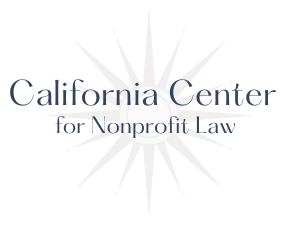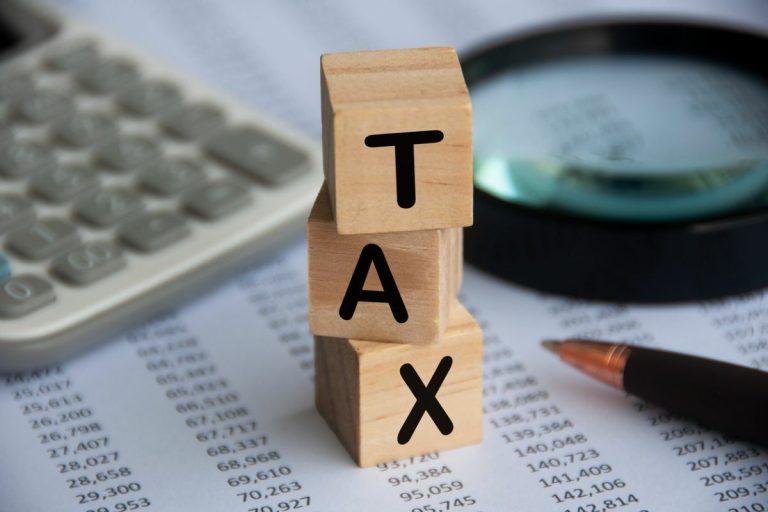
Bipartisan Congress Members Push for Universal Charitable Deduction: Three Things to Know About the Charitable Act
Sen. James Lankford (R-OK) introduced S.566 – Charitable Act (“the Act”) in February 2023. Rep. Blake D. Moore (R-UT-1) introduced the House companion bill, H.R. 3435, in May 2023. Although the Act is a popular bipartisan bill, they have gained…
2024 Online Fundraising Update: California Attorney General Finalizes Regulations
Assembly Bill 488 (“the law”), which regulates online charitable fundraising platforms and platform charities and places them under the control of the California Attorney General, went into effect on January 1, 2023. Since then, the Attorney General has released three…
Ways and Means Committee Threatens Nonpartisanship of Charities
Some Congressional leaders appear to be questioning the impact of the Johnson Amendment on national elections. A provision in Section 501(c)(3) of the Internal Revenue Code (IRC), which is commonly called the Johnson Amendment, has preserved the nonpartisan nature of…
Charitable Deductions: The Importance of Providing the Contemporaneous Written Acknowledgment to Donors
Charitable organizations receiving tax-deductible charitable contributions must comply with all federal tax laws. One provision of the Internal Revenue Code (IRC) central to charitable contributions is the requirement that donors provide a specific and contemporaneous written acknowledgment of some charitable…
IRS Announces New Procedure for 501(c)(3) Organizations Wishing to Change Their Exempt Status
The Internal Revenue Service (IRS) recently issued Revenue Procedure 2024-5, which addresses the process by which organizations with tax-exempt status under Section 501(c)(3) can seek recognition by the IRS under a different paragraph of Section 501(c). The Internal Revenue Service…
Four Facts About the Amendments to California’s Paid Sick Law for Nonprofits
Governor Gavin Newsom recently signed SB 616 into law, which amended the Healthy Workplaces, Health Families Act (HWHFA) to expand paid sick leave for California workers. Governor Gavin Newsom recently signed SB 616 into law, which amended the Healthy Workplaces,…
When Can a Nonprofit’s Website or Online Activity Become Prohibited Political Activity?
Non-profit organizations must take care to avoid any online activity that constitutes prohibited political activity, as it could endanger their tax-exempt status. Most organizations, including nonprofit organizations, now maintain an online presence, such as utilizing a website and various social…
TD 9981: Final Regulations on Type I and Type II Supporting Organizations
The Internal Revenue Service (IRS) recently released TD 9981, which contains final regulations offering guidance on certain gifts or contributions to Type I and Type II supporting organizations from persons who control a supported organization. The Internal Revenue Service (IRS)…
Fringe Benefits and Employment Tax
Churches and other nonprofit employers may officer fringe benefits that are subject to state and federal employment taxes. In particular, nonprofit employers should familiarize themselves with the benefits that are exempt from employment tax and which benefits have limitations on…
Section 501(c)(3) Churches vs. Section 508(c)(1)(A)
There is an idea gaining popularity in the church world today that churches should claim tax exempt status under Internal Revenue Code section 508(c)(1)(A) rather than section 501(c)(3) for greater protection of religious liberties and increased protection from IRS scrutiny.…










